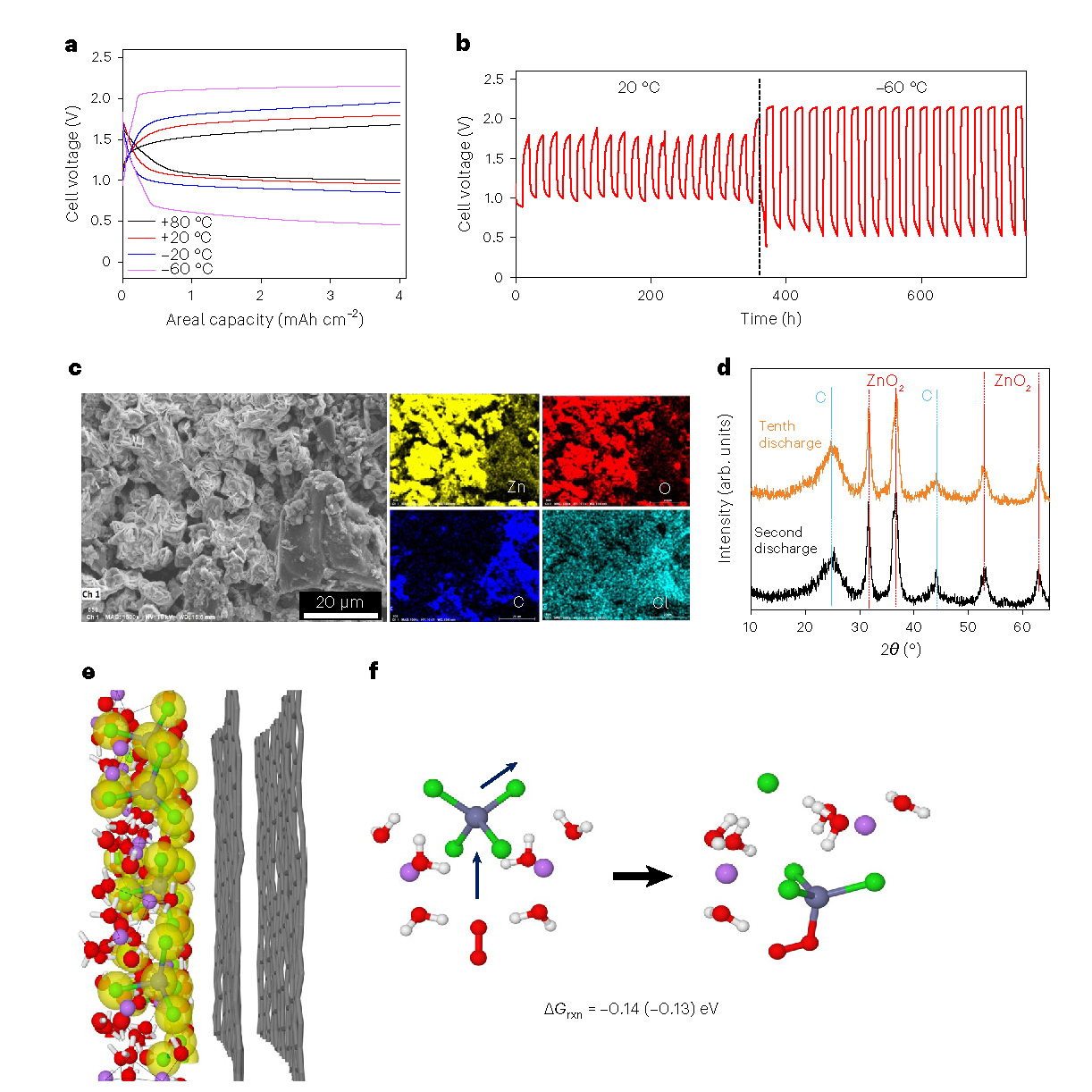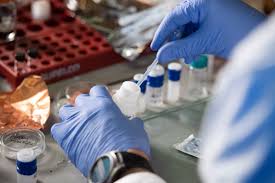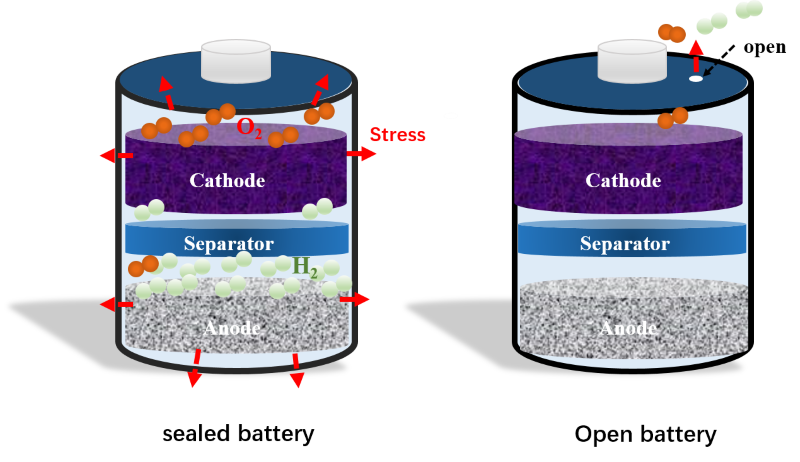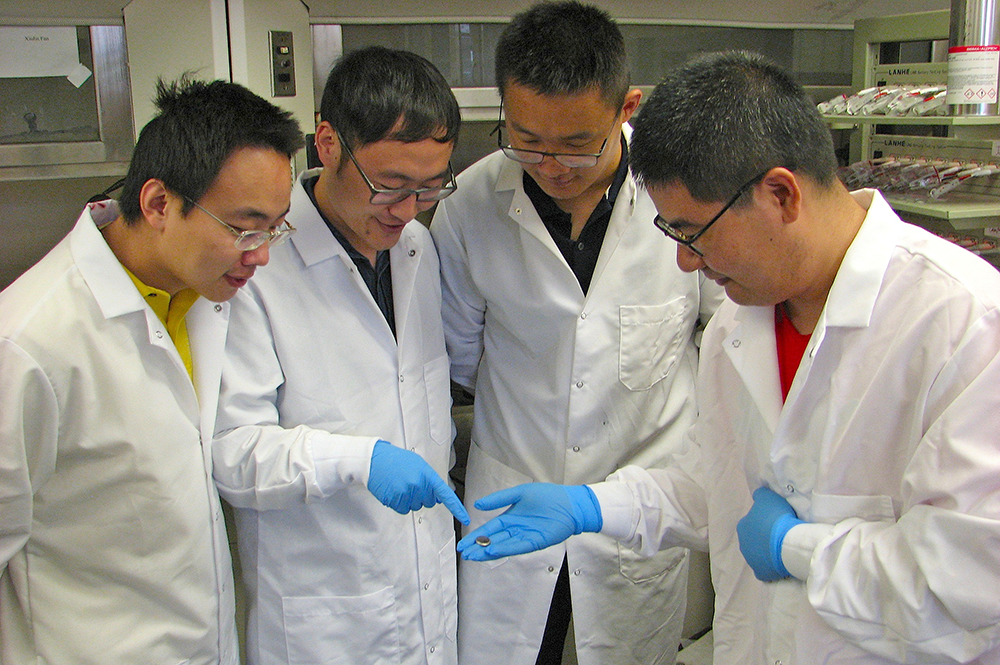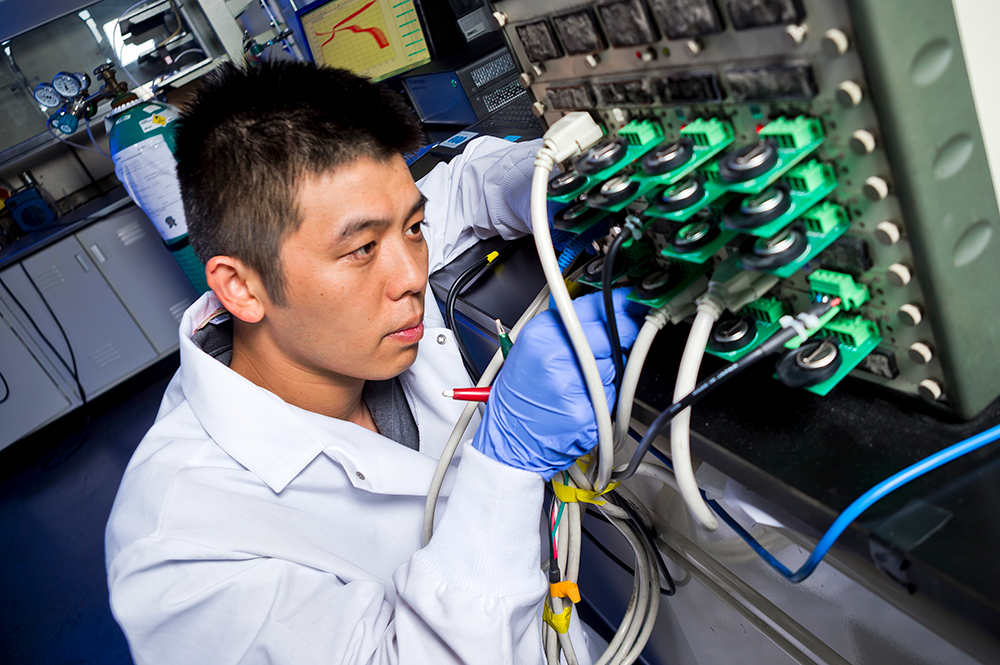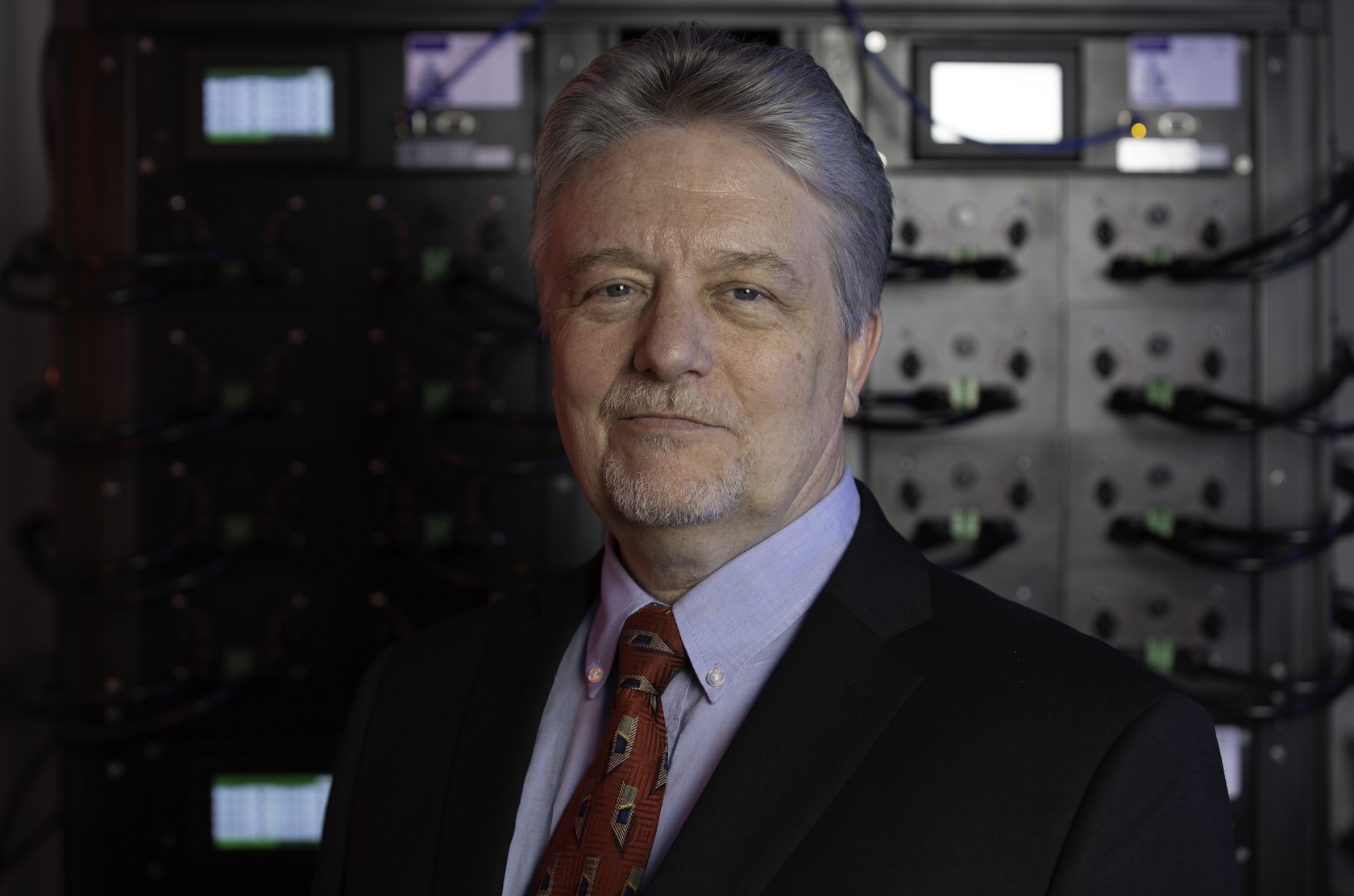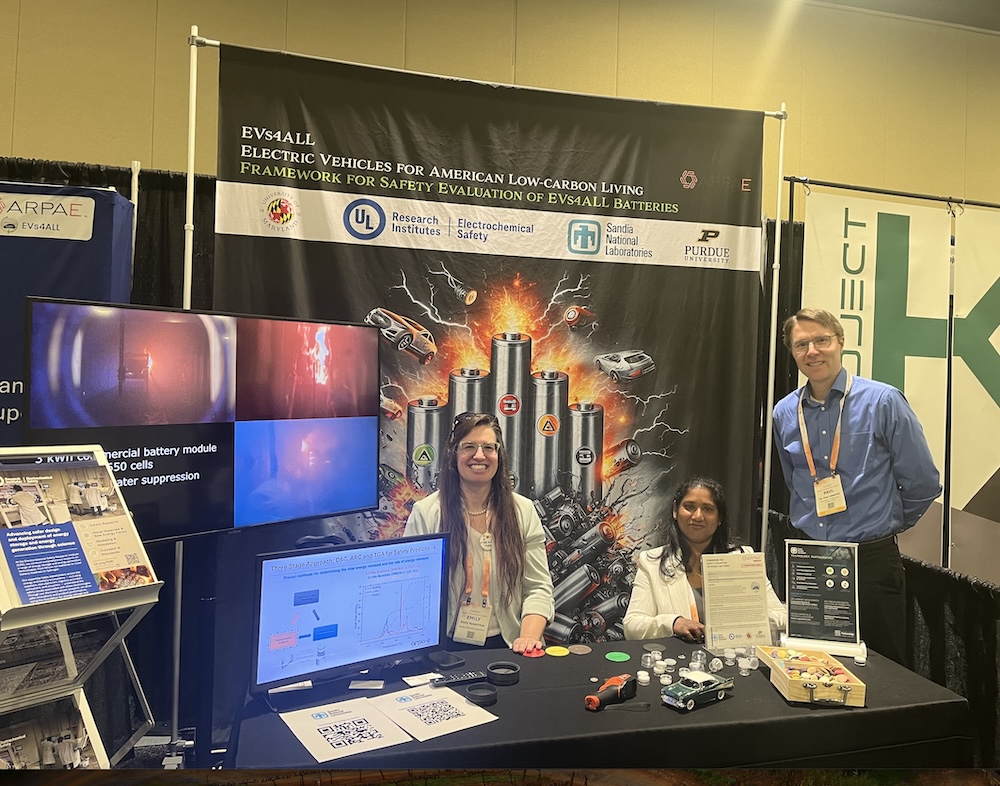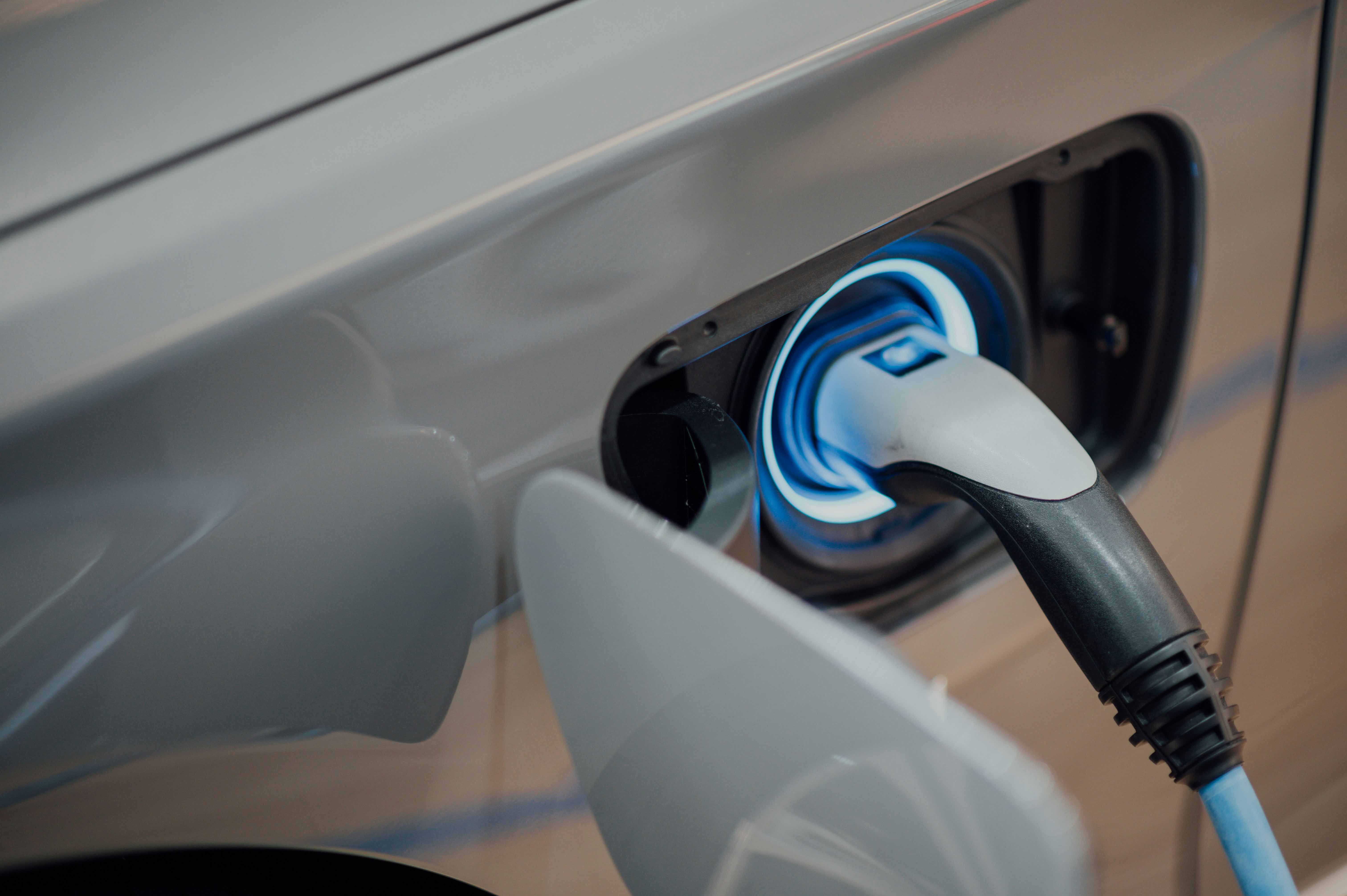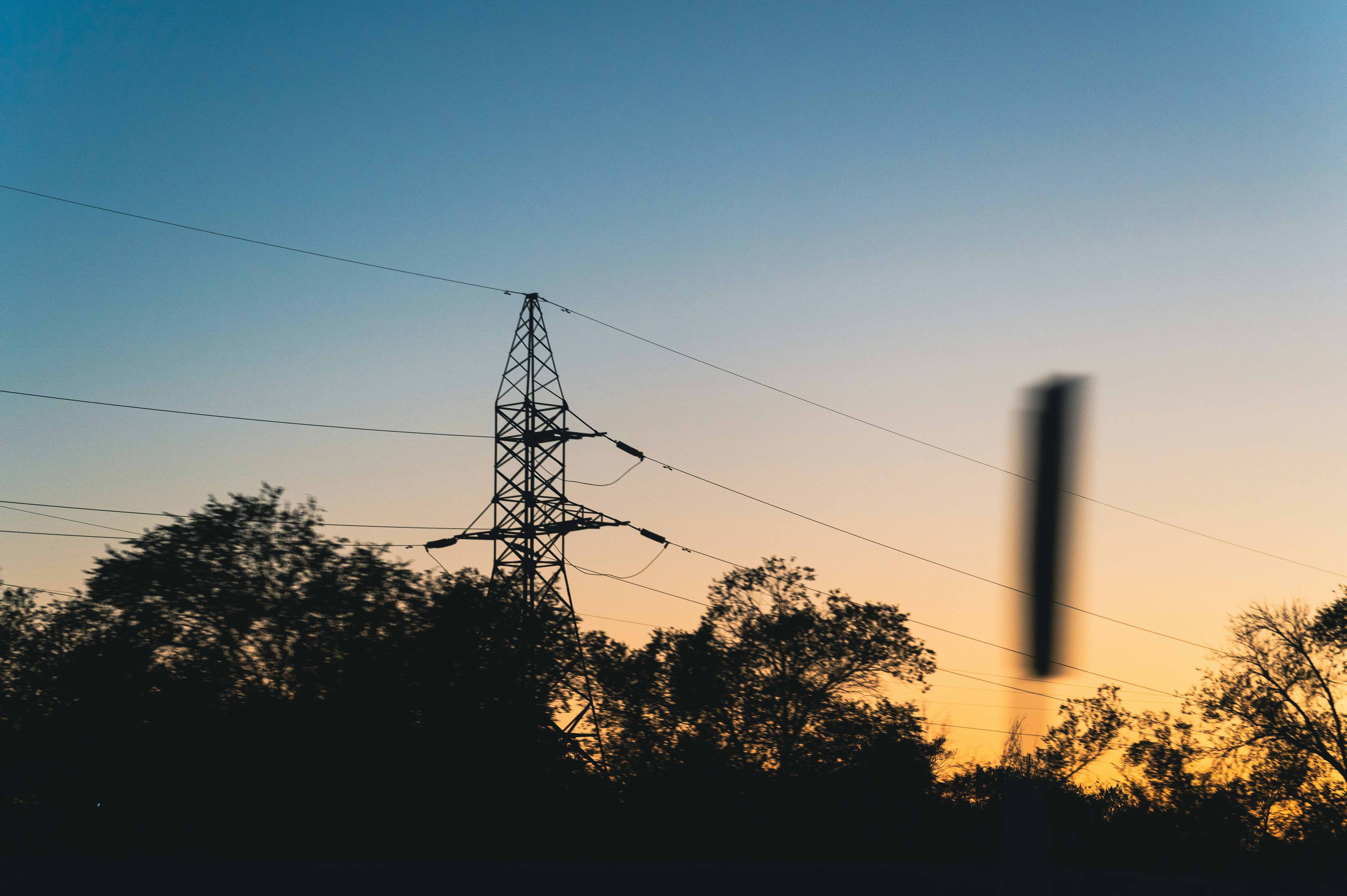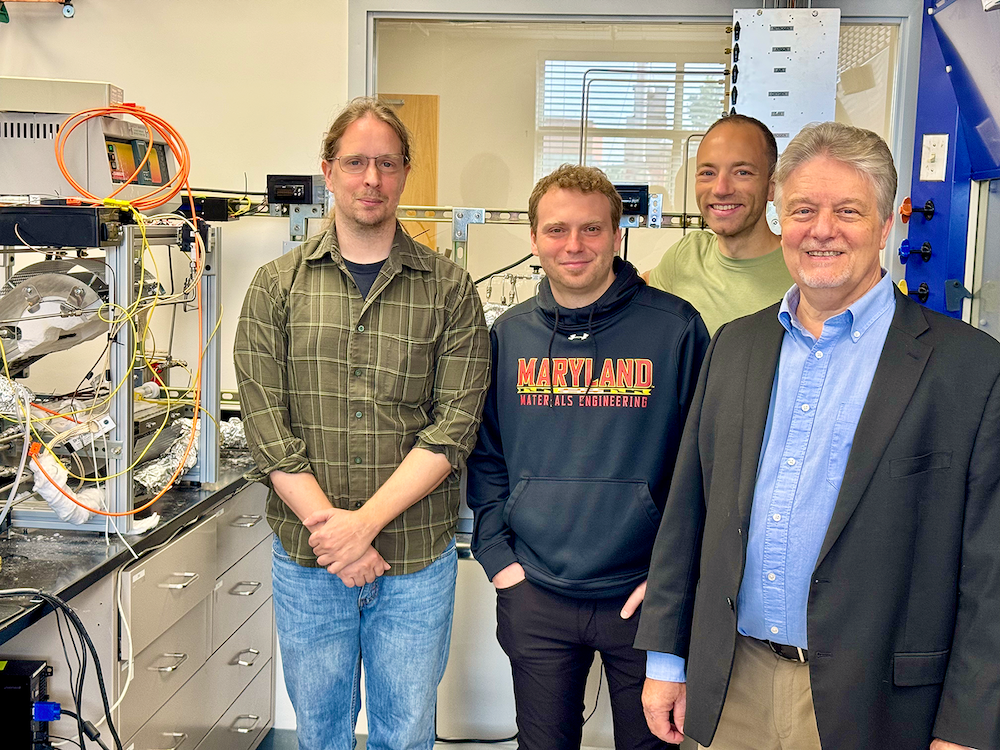News Story
Chunsheng Wang Presents to U.S. Government Panel on Advances in Li-Ion Battery Technology
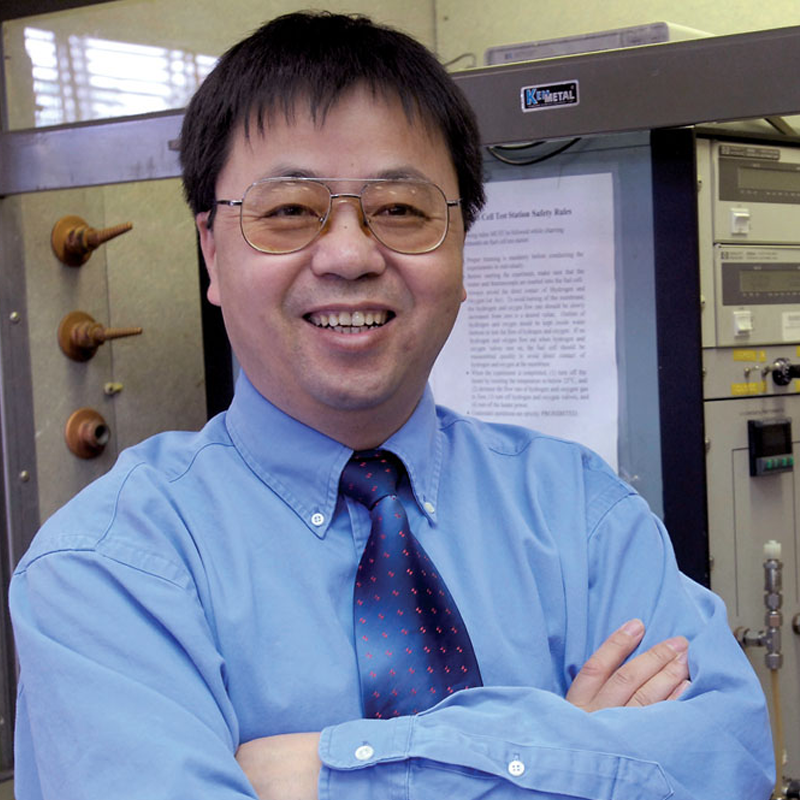
Lithium-ion (Li-Ion) battery technology is at the center of many current and future energy needs. From the transition to electric-powered automobiles, as several states announce pending bans on gas-powered vehicles, to national security interests that rely heavily on the power and durability that Li-Ion solutions can provide, there are increasing efforts in the United States to ensure that the country can meet and sustain these rapidly evolving energy storage needs.
On Thursday, September 8, Department of Chemical and Biomolecular Engineering Professor Chunsheng Wang, along with two colleagues working at the leading edges of lithium-ion battery technology, presented to a panel of U.S. Government Department of State members to address some of these Li-Ion issues.
Wang, who is the UMD Director for Center for Research in Extreme Batteries (CREB), was accompanied by CREB steering committee member M. Stanley Whittingham, Distinguished Professor of Chemistry at Birmingham University and 2019 Nobel Prize recipient in chemistry, and Jun Liu, Director of the Pacific Northwest Laboratory’s Battery 500 Program.
As the U.S. looks to address the future of Li-Ion needs, Wang and his colleagues presented a holistic view of the many facets affecting the development of sustainable and evolving Li-Ion technology from supply chain and raw materials security to advancing more robust technologies for future energy storage demands.
As outlined in the National Blueprint for Lithium Batteries developed for the nation by the Federal Consortium for Advanced Batteries, “establishing a domestic supply chain for lithium-based batteries requires a national commitment to both solving breakthrough scientific challenges for new materials and developing a manufacturing base that meets the demands of the growing…[energy] storage markets.”
While many of the needs driving Li-Ion development and sustainability are aimed at the consumer market, and their growing use in electric vehicles, renewable energy storage and aviation, Wang emphasizes that the evolving demands of technologies in the interests of national security, such as developing a sustainable supply chain within the U.S. for the development, advancement, and production of Li-Ion storage solutions, will become increasingly critical.
“To support critical missions, the military requires reliable, secure and advanced battery technologies that can operate in extreme conditions. Assured sources of supply chain for critical minerals and materials in the US is critical for National Defense,” said Wang.
This is an area of particular interest to Wang and his colleagues in CREB—which operates in partnership with national laboratories such as Argonne, Brookhaven and the Army Research Laboratory as well as university and corporate colleagues in the energy space—as they aim to foster research that drives innovation in developing not just the next-generation of Li-Ion solutions, but also developing technology that can operate under a variety of extreme conditions.
CREB is the only battery center in the U.S. focused on development of batteries with extreme performance, extreme safety, and extreme environmental capabilities for the defense application. CREB’s mission is to foster and accelerate this collaborative research in advanced battery materials and technologies and characterization techniques, and it is the only research center of its kind focusing exclusively on batteries for this extreme performance with capabilities and applications for the defense, aerospace and biomedical industries.
Published September 20, 2022
